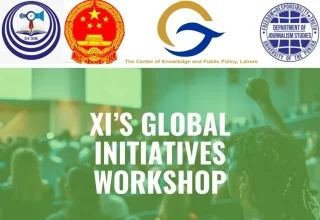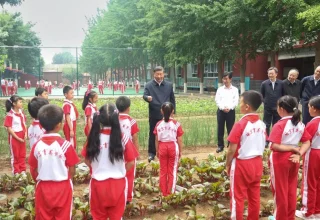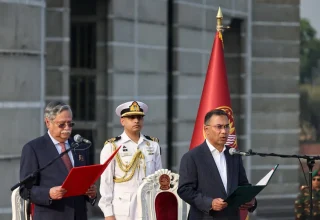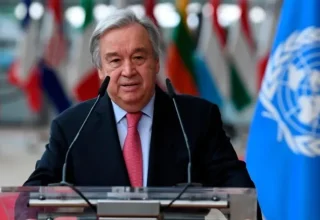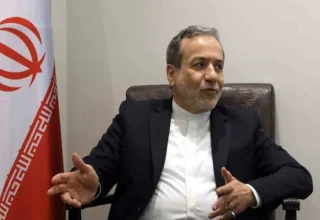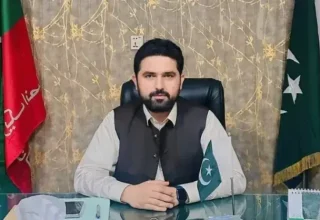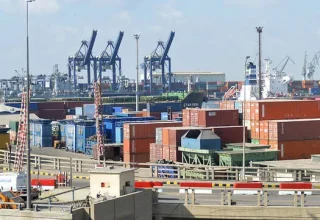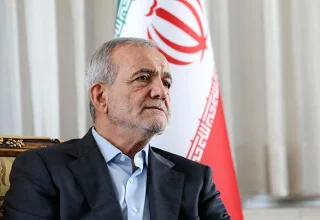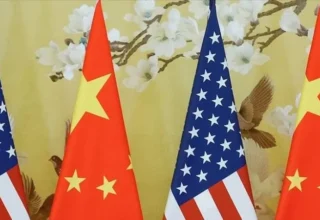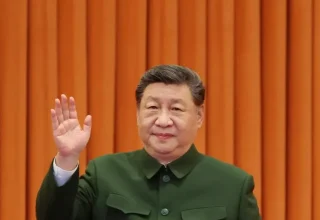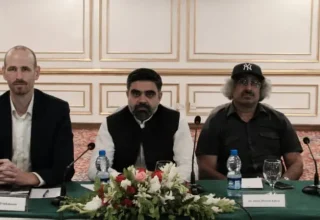
ISLAMABAD: Energy experts and policy analysts have said that Battery Energy Storage Systems (BESS) can revolutionize Pakistan’s energy sector by stabilizing the national grid, reducing load-shedding and ensuring better integration of renewable energy. They shared these views at a seminar organized by the Pakistan-German Climate and Energy Partnership (PGCEP) in collaboration with the Sustainable Development Policy Institute (SDPI) under the support of German Development Cooperation.
The seminar highlighted that Pakistan is already witnessing a sharp rise in lithium-ion battery installations. With a 20 MW pilot project in Jhimpir, storage capacity has already crossed 7 GWh. Experts pointed out that Pakistan’s natural resources, including salt mines, make the country well-positioned for sodium-based battery production in the future.
PGCEP Advisor Kim Brinkmann said that battery storage is no longer a dream for Pakistan as the process has already begun. However, to unleash its full potential, she stressed the need for clear policy, private sector investment and technical expertise.
SDPI energy expert Dr. Khalid Waleed noted that Pakistan is standing at the edge of a major shift in solar energy and new storage technologies. He explained that natural resources like salt mines could provide ideal material for sodium batteries. He called for pilot projects, gradual closure of old power plants and integrated planning to achieve long-term sustainability. Dr. Waleed also mentioned that Pakistan could unlock 1.2 billion dollars in 20 years by converting coal into debt-for-climate swaps.
Hania Asad, an analyst from the Institute for Energy Economics and Financial Analysis (IEEFA), said that lithium-ion batteries are gaining global popularity as their prices continue to fall. She shared that Pakistan’s storage capacity increased from 4.1 GWh in January 2025 to 7 GWh by mid-year. In just the first two months, imports crossed 400 MWh, proving that the transition is happening rapidly.
Independent System Operator (ISMO) Executive Director Muhammad Zakaria said that integrating variable renewable energy comes with challenges, but large-scale battery storage is the solution. He confirmed that the 20 MW Jhimpir project will support uninterrupted supply, balance frequency and manage grid fluctuations.
Battery expert Tobias Dertmann shared Europe’s experience where lithium-ion batteries proved most successful due to flexibility and cost-effectiveness. What started as pilot projects has now expanded to full-scale commercial deployment, with European grids achieving over 98 percent efficiency through battery use.
Private sector leaders including Huawei CTO Rizwan Razzaq and Sungrow Country Manager Usman Waheed stressed the need for regulatory clarity, import facilitation and duty relaxations to encourage investment.
NEPRA Director General Imtiaz Hussain Baloch admitted that Pakistan has suffered from a lack of long-term planning in the energy sector. He said that modern technologies like battery storage must now be taken seriously as delaying serious planning is no longer an option.
In the closing session, GIZ Project Head Jens Brinkmann said that battery storage can become the backbone of Pakistan’s energy transition. He assured that Germany is ready to share the best global practices with Pakistan. But he warned that real progress will only be possible with coordinated planning and strong commitment across all sectors.






